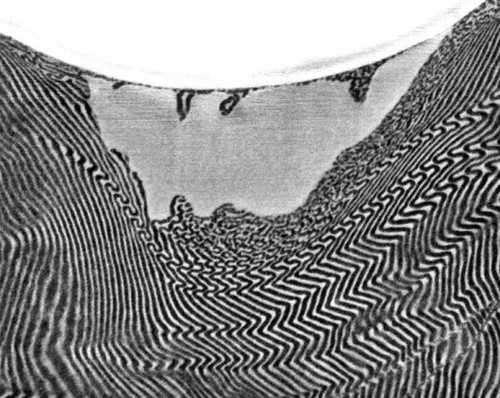Paper-Thin Composite Nanomaterials Could Stop Bullets

Heavy weight body armor might soon be substituted with paper-thin composite nanomaterials, which will stop bullets with the same effectiveness. Researchers at MIT and Rice University have elaborated a stress-test that fires microscopic glass beads at impact-absorbing material. The glass beads (much smaller than a bullet) are propelled with the help of a laser pulse technique developed by MIT’s Keith Nelson. Scientists from the Rice University have changed this technique in experiments conducted at MIT’s Institute for Soldier Nanotechnologies. Their self-assembling polymer is made by alternating flexible and rigid material layers just a nanometer thick, which can be seen clearly in cross-section with an electron microscope. Studying multiple impacts, it was determined that their material was 30 percent more supple to head-on (rather than edge-on) collisions. Donald Shockey, director of the Center for Fracture Physics at SRI International, claims it to be a novel approach that will provide better understanding of the mechanisms, how a projectile penetrates protective vests and helmets. U.S. Army Research Office, aiming at reducing the burden on soldiers who currently wear armor that contains an inch thick bulky plating, supported this project greatly. These tests could quicken the development of paper-thin military body armor or shielding for satellites, space suits, and shuttles.
Via:gizmag.com

| Tweet |











